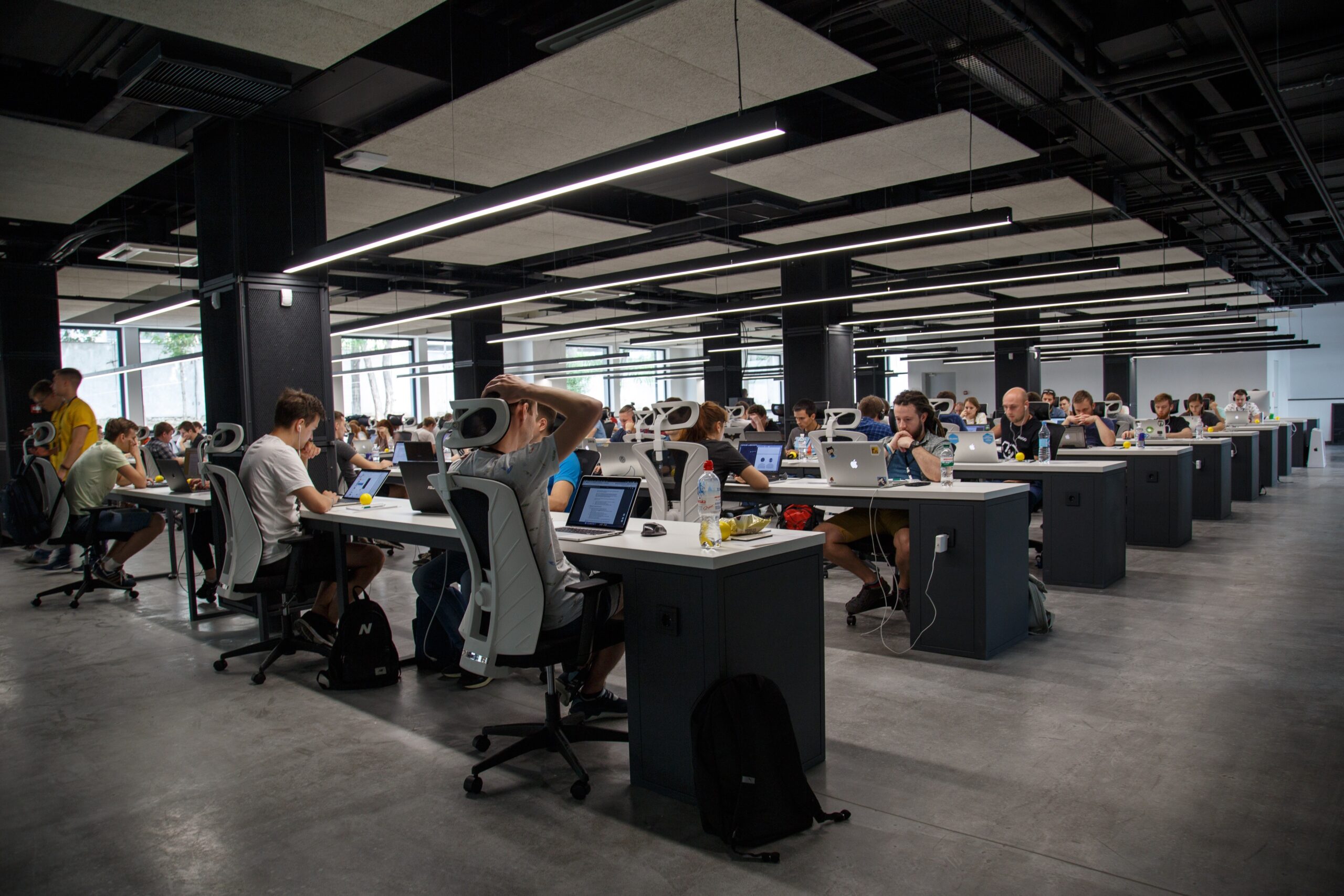Technological advances and disruptions are accelerating change in industries across all sectors, with workers and employers alike feeling the effects. While predicting the workplace of tomorrow can be difficult, it is certain that the landscape is changing.
How can workers and employers navigate that disruption and uncertainty?

One approach, as noted by The Aspen Institute, will be to invest in the human capital of workers. Human capital consists of the knowledge, skills, and abilities held by a worker that provide value to an organization – particularly value that isn’t easily automated.
Employer initiatives with policy support
Like many difficult problems, increasing investment in human capital will require a multilayer, cross-sector approach. Businesses will need to upskill and reskill their employees. Public policy will need to come alongside to support those efforts for them to be effective.
According to The Aspen Institute’s Future of Work Initiative, there is a lot to consider:
·Opportunity cost of training: How can employers best balance the cost vs. investment value? And how can employees continue to upskill without taking on financial burdens or sacrificing work/life balance?
·Targeted incentives: How and when are incentives most effectively targeted to employers? To their workers?
·Data-informed policy: Decisions must be data-driven and responsive to the needs of the local economy and workforce.
Successful models exist
Consideration of existing or proposed models can help employers and policymakers chart a course for intentional investment in human capital. The good news is that successful solutions and proposals already exist. Examples include:
·Worker Training Tax Credits: Modeled after the R&D Tax Credit, this proposal “would target resources to training low- and moderate-income workers.”
·Tuition Reimbursement and Training Accounts: Employer-sponsored tuition reimbursements are an attractive option to offset training costs. Another new idea, training accounts, are funded by the employer, worker, and government. (Aspen Institute)
·Employer Resource Networks and Business Resource Networks: These networks pool employer resources to support retention, staff development, and economic self-sufficiency. According to the W.E. Upjohn Institute, this model is particularly successful with small and mid-sized employers.
In Michigan, talent proposals for investment in education and skills attainment are being developed. For example, Gov. Gretchen Whitmer proposed the MI Opportunity Scholarship and the Michigan Reconnect Program. While those options are not yet available, Michigan workers and employers already have access to multiple existing sources of funding for worker training. One employer-led option includes the highly successful Going PRO Talent Fund, which brought $9.5 million training dollars to West Michigan in 2018.
Investment in the future
Increasing the knowledge, skills, and abilities of workers will be an effective avenue for employers striving to stay on top of technological advances.
Having staff that are equipped for flexibility and committed to lifelong learning is an invaluable asset when considering the future of work. As the Society for Human Resource Management has observed, investment in human capital is valuable not only to the leaders of today. It also creates the leaders of tomorrow.
What are your ideas for investing in human capital? Do you have predictions for the workplace of the future? Let us know on Twitter, Facebook, or LinkedIn.


